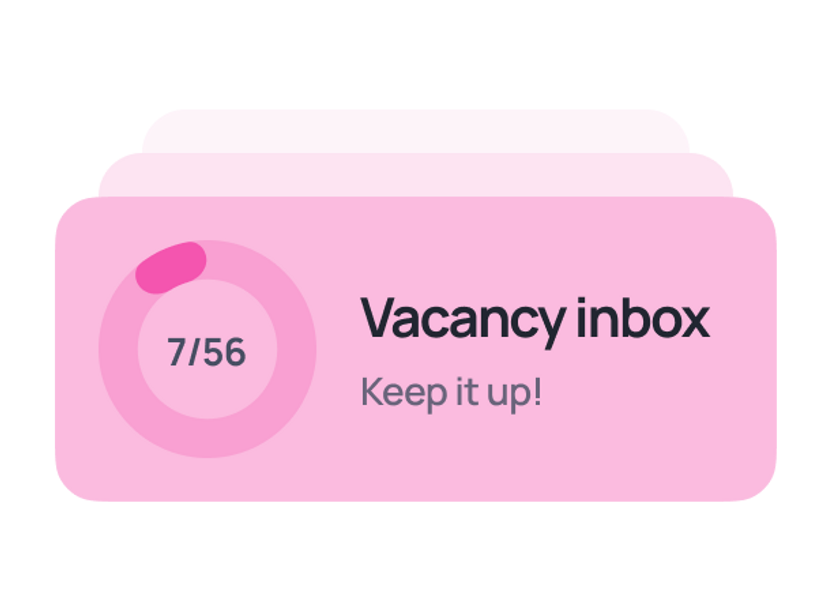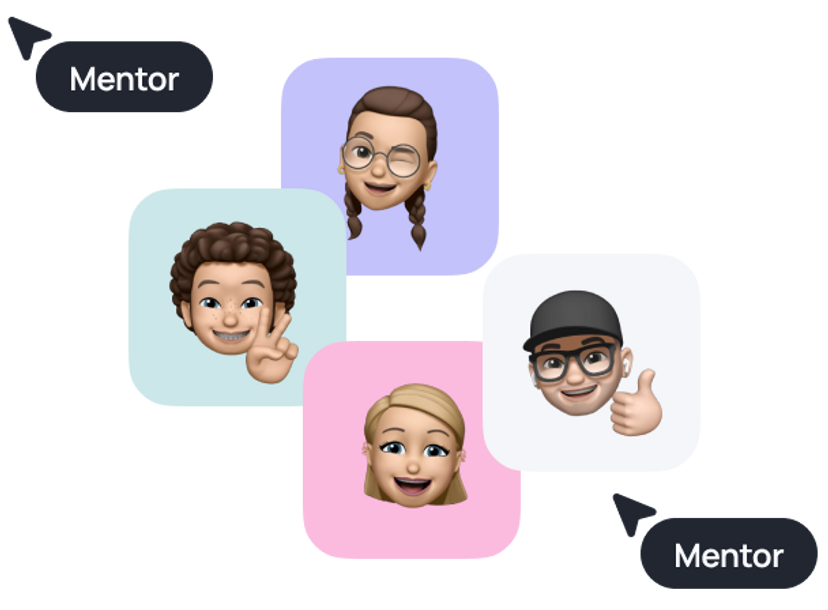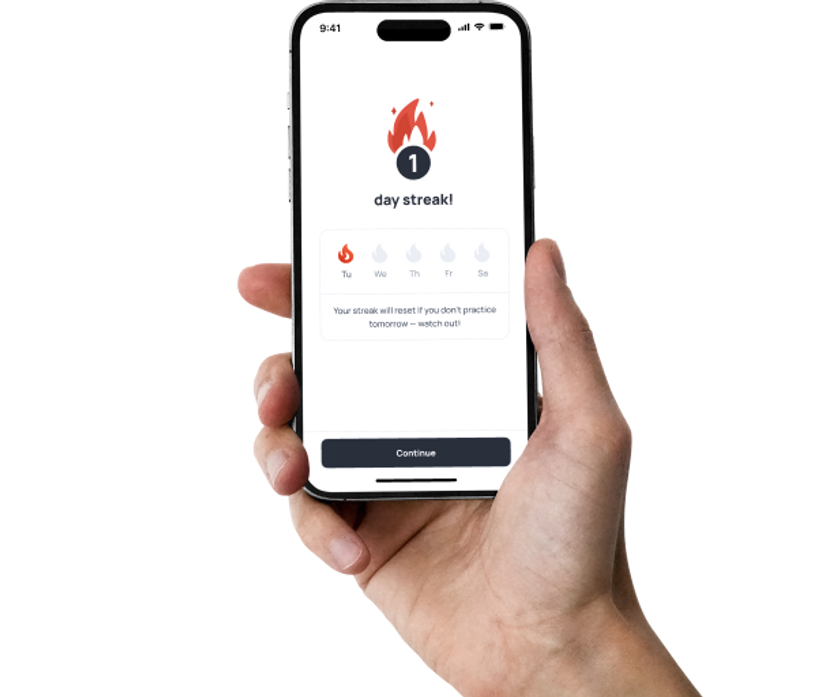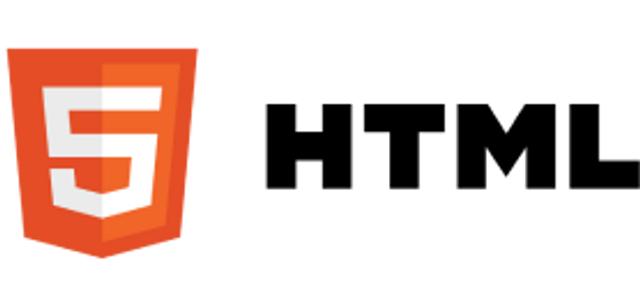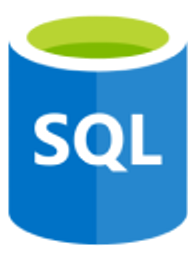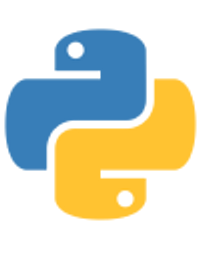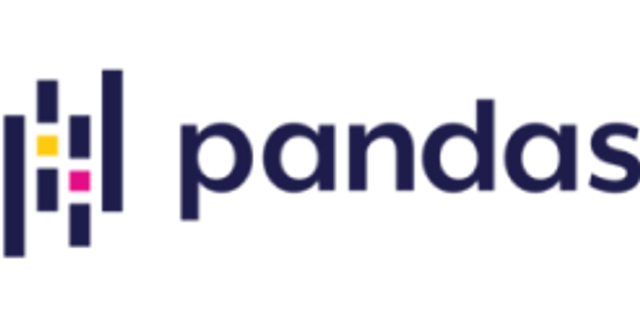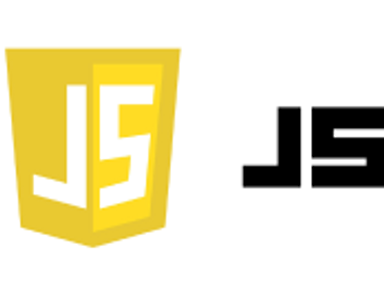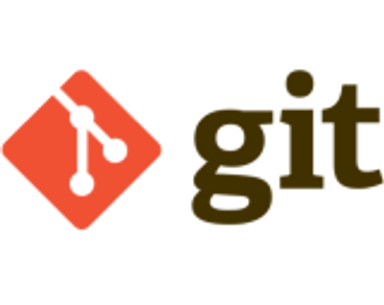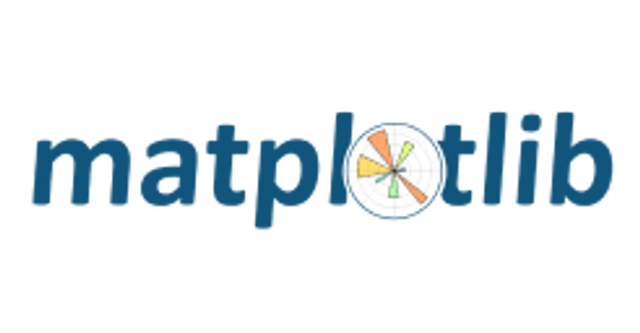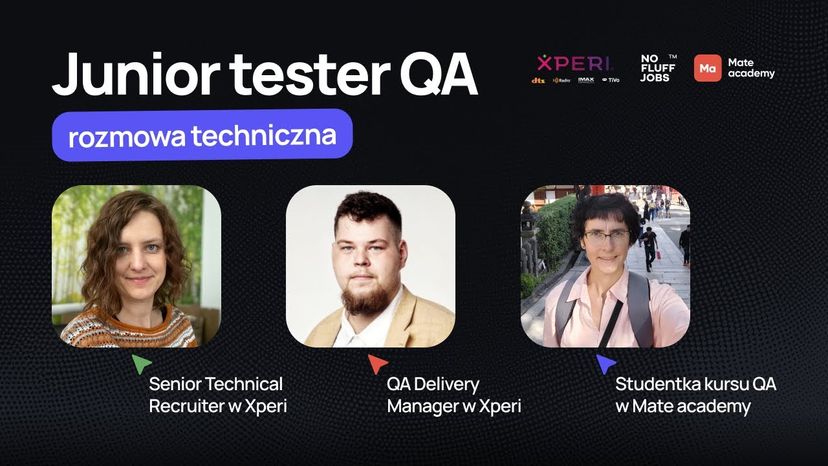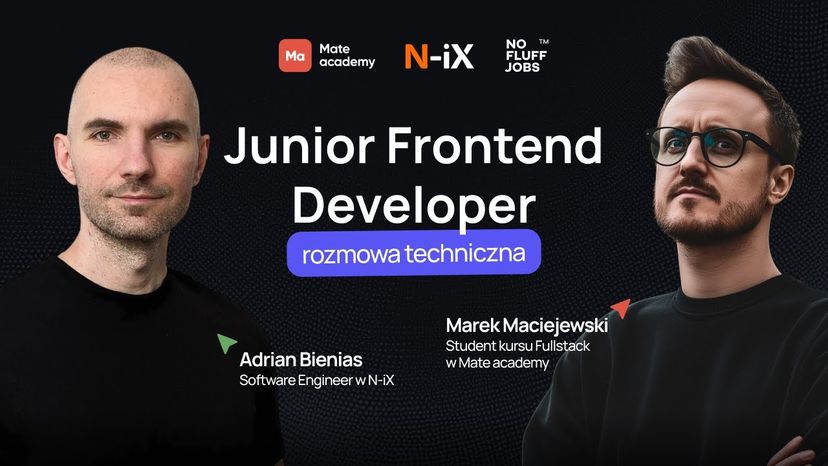Get AI tools training as a gift
Python developer сourse: from zero to hired

Perfect for newbies
90%
of our students start with no technical background
Course updated in 2025
100%
industry-relevant curriculum built to meet employer expectations
4.500+ employed Mate academy grads
rating based on Google reviews
Python developer: Salary
15 250 zł
+22%Increase in remuneration r/y. Source: NoFluffJobs (data from 2025)
Did you know?
Python Developer is in high demand. Every time you use a website or app, you’re benefiting from their work. They write and maintain code, develop web applications, automate tasks, and work with various frameworks and libraries. They also handle data analysis and machine learning. Impressive, right?
Your perks in every course
This might be your CV

Marta K.
Python developer
Skills
- Work with basic algorithms and data types in Python
- Use task queue systems and message brokers like RabbitMQ
- Automate application deployment with Docker
- Know SQL, work with databases and third-party service APIs
- Understand fundamental principles of Object-Oriented Programming (OOP)
- Work with frameworks like Django, Flask, and FastAPI
- Understand how HTTP, HTTPS, and WebSocket protocols work
- Use Git for version control and CI/CD setup
Technologies
90%
of Mate grads entered the tech field for the first time
What's covered
Course roadmap
Podstawy Pythona
10 topic
Wprowadzenie do kursu
1 topic
To ensure you're well-prepared for the upcoming modules of the course, we encourage you to familiarize yourself with the theory and complete the assignments in this module. Doing so will not only boost your productivity during the course but also improve your long-term career prospects — potentially leading to higher salaries and better opportunities.
Topics
- Jak uczyć się skuteczniej
Generatywna SI – podstawy
6 topic
Learn how to use GenAI responsibly and effectively.
Topics
- Zasada działania generatywnej SI
- Ograniczenia generatywnej SI
- Prompting
- Jak odpowiedzialnie korzystać z SI
- Generatywna SI w pracy i nauce
- Jak nadążyć za SI
Rozszerzone podstawy Pythona
12 topic
Now that we know how to write code, it's time to order it up and learn debugging – and deepen our knowledge of the basic concepts while we're at it!
Topics
- Omówienie modułu
- Przygotowujemy środowisko pracy
- Styl kodu
- Debugowanie
- Praca z liczbami
- Praca z ciągami
- Listy od podszewki
- Typ danych "dict" — wprowadzenie
- Konwertowanie typów danych
- Pętle — rozwinięcie
- Funkcje — rozwinięcie
- Podsumowanie
Git i Terminal
6 topic
Terminal is one of the main tools of any developer. In this module, you'll explore basic terminal commands, what Git version control is and how to use it.
Topics
- Konfiguracja środowiska
- Komendy wiersza poleceń
- Podstawy GIT
- Praca z gałęziami
- Praca z historią edycji
- Praca ze zdalnym repozytorium
Python — moduł zasadniczy
23 topic
In this module, we'll learn and handle generators, iterators, decorators... We'll also touch on polymorphisms, classes, modules, and a variety of other new, but important concepts.
Topics
- Jak rozwiązywać zadania na GitHubie
- Typy danych cz. 1 — typy mutowalne i niemutowalne
- Typy danych cz. 2 — list i dict
- Funkcje Pythona — rozwinięcie
- Dekoratory
- Klasy — omówienie
- Klasy — rozwinięcie
- Iteratory i generatory
- Moduły i importy
- Programowanie obiektowe (OOP) — dziedziczenie jednokrotne
- Programowanie obiektowe (OOP) — dziedziczenie wielokrotne
- Programowanie obiektowe (OOP) — hermetyzacja, polimorfizm, abstrakcja
- Właściwości i deskryptory
- Jak obsługiwać wyjątki
- Wyjątki — rozwinięcie
- Praca z plikami
- Zarządzanie pamięcią
- Testowanie
- Testowanie — rozwinięcie
- Moduły podstawowe — omówienie
- Dict — rozwinięcie
- Runda bonusowa
- Praktyczne ćwiczenia z Pythonem
Podstawy SQL
11 topic
Semantically speaking, SQL closely resembles English, so you are in for a swift acquisition. We'll learn to use it with databases, to group, filter, sort and source data at wish.
Topics
- Wprowadzenie do SQL
- Klauzula SELECT
- Klauzula WHERE
- Wartość NULL i klauzule: LIKE, BETWEEN oraz IN
- Klauzula ORDER BY, LIMIT i DISTINCT
- Aliasy
- Funkcje agregujące
- Klauzula GROUP BY
- Klauzula JOIN
- Funkcje
- Klauzula HAVING
Mapowanie obiektowo-relacyjne (ORM) z Django
8 topic
Django endures in the popularity contest for *the* ORM intermediating between Python developers and databases. Here, specifically, you'll create your first tables and SQL queries.
Topics
- Wprowadzenie do baz danych
- Czym właściwie jest ORM?
- Pola i relacje
- Relacja wiele-do-wielu
- Zapytania
- Zapytania — rozwinięcie
- ORM — rozwinięcie
- Poprawianie wydajności i poziomy izolacji
Podstawy HTML + CSS
17 topic
It's time for you to get acquainted with the basic structure of HTML and CSS style language.
Topics
- Konfiguracja środowiska
- Podstawy HTML
- Podstawy CSS
- Podstawy modelu blokowego
- Kolory i fonty
- Podstawy składni
- Elementy blokowe i liniowe
- Podstawy responsywności
- Selektory CSS
- Pseudoelementy i pseudoklasy
- Linki i adresy URL
- Specyficzność
- Obrazy
- Dekoratory — rozwinięcie
- Pozycjonowanie
- Overflow, widoczność i przezroczystość
- Formularze
Zaawansowany HTML + CSS
8 topic
Here you will learn about layout, pseudo-classes, and pseudo-elements. Also, you will learn about CSS features, the basics of the Sass preprocessor, and BEM methodology. Well, as icing on the cake — you will make a landing for your portfolio.
Topics
- Konfiguracja środowiska
- Flexboksy
- Media queries
- Metodologia BEM
- SASS
- Animacje i przekształcenia
- Grid
- Landing page (projekt do portfolio)
Działanie sieci
6 topic
And now, we will master the basics on our own. After all, every day, you somehow interact with the Internet, but have you thought about how the World Wide Web works? This module will help you understand how our devices interact and exchange data with the Internet and what the Internet is all about.
Topics
- Wprowadzenie do sieci
- Model OSI
- HTTP
- Szyfrowanie
- Internetowe API
- Bezpieczeństwo w sieci
Django
10 topic
Django ORM was ought to prime you for Django itself — the most popular Python web framework out there. MVT, dependency injections, and web will now be at your disposal.
Topics
- Django — wprowadzenie
- MVT
- Generyczne widoki oparte na klasach
- Sesje i uwierzytelnienia
- Formularze
- Formularze — rozwinięcie
- Django — rozwinięcie
- Strona internetowa [Projekt do portfolio]
- Wdrażanie Django
- Django — ćwiczenia
Django REST Framework
13 topic
Designing and developing powerful APIs sounds like your jam? Well, you'll need to get real familiar with the Django REST Framework. You are in for some user authentication and code testing, too.
Topics
- Django REST Framework — wprowadzenie
- Widoki oparte na klasach
- Serializatory
- Serializatory – rozwinięcie
- Uwierzytelnianie i uprawnienia
- Django REST Framework — rozwinięcie
- DRF JWT i testowanie
- Docker
- Docker w DRF
- Interfejs API [Projekt do portfolio]
- Rozwiązywanie zadań rekrutacyjnych
- Łączenie frontentu z backendem
- DRF — ćwiczenie praktyczne
Programowanie asynchroniczne w Pythonie
3 topic
Executing code step by step, line by line... ugh, rules — right? Let's break them! Here, we'll learn how to enhance the program's performance with asynchronism, concurrency and parallelism.
Topics
- Wprowadzenie do współbieżności i równoległości
- Współbieżność i równoległość - rozwinięcie
- Asynchroniczne operacje wejścia/wyjścia
JavaScript – podstawy, cz. I
13 topic
Discover the programming language best suited for beginners. We'll kick off with strings, functions, conditionals, loops, arrays and a few more!
Topics
- Wprowadzenie
- Główne pojęcia
- Typy danych
- Główne pojęcia
- Liczby
- Ciągi znaków (strings)
- Boolean
- Funkcje
- Operatory warunkowe
- Pętle
- Praca z ciągami znaków
- Podstawy tablic (arrays)
- Zadania dodatkowe
Python w analizie danych
7 topic
Python is an extremely powerful tool for data analysis. You've already learned the basics, so we'll move on to introduce you to the NumPy and Pandas libraries for data processing and analysis. You'll also learn how to visualize your results with Matplotlib and Seaborn, and work with interactive environments like Jupyter Notebooks and Google Colab to perform and document your analytical tasks.
Topics
- Konfiguracja środowiska do analizy danych
- Biblioteka NumPy
- Biblioteka Pandas – część 1
- Biblioteka Pandas – część 2
- Wizualizacja danych za pomocą Matplotlib i Seaborn
- Eksploracyjna analiza danych
- Połączenie z bazą danych
Zdobywanie pracy
8 topic
Ready to enter the tech market? Well... we'll get you ready — with a great resume, cover letter, a LinkedIn profile and mock interviews. Recruiters are in for a true discovery!
Topics
- Mapa zatrudnienia
- Przygotowanie CV
- Przygotowanie do rozmowy kwalifikacyjnej
- Przygotowanie listu motywacyjnego
- Google, LinkedIn
- Jak znaleźć i aplikować na oferty pracy
- Komunikacja podczas poszukiwania pracy
- Zatrudnienie – najczęściej zadawane pytania
162
Topics
5
Projects
From zero to hired
What’s your path to becoming a Python developer?
Get in touch
Do I need a technical background? When can I start?
- We'll answer all your questions
- Help you choose the right course
- Get you in on our best deals
Skill level after the course
Mate graduates ace technical interviews
Who will guide you?
Coaches

Mentors

English Teachers

Education coordinators

Employment coordinators

Get in touch
Let's get in touch
- We'll answer all your questions
- Help you choose the right course
- Get you in on our best deals
Faq
Got questions? We’ve got answers
How will I study?
Learning is self-paced – you decide when and how many hours you want to dedicate to your studies. Our mentors will evaluate your work and answer your questions. You'll connect with classmates via chat and group video calls. Additionally, you'll receive lifetime access to the course, giving you the freedom to learn on your own terms.
Can I fit studying at Mate with other activities?
Yes, you can! Our courses are designed to let participants learn at their own pace, with continuous mentor support throughout the program.
Will I get a certificate upon completion?
Sure! After finishing our course, you'll get a certificate. More than 4,500 of our graduates use it to show their skills on LinkedIn and other social media. But our main focus is helping you find a job, and we'll do everything we can to support you in that.
How do I choose a profession?
Do I need math or tech background to enroll?
No, you don’t need math or a technical background to enroll. In fact, 9 out of 10 Mate students come from non-technical backgrounds. Our job is to teach you the skills you need and help you land a job in tech.
How do I enroll?
To start learning at Mate academy, simply apply, and our representative will get in touch with you shortly to provide more details. You’ll gain access to the course as soon as the payment is completed.
Are there any age limits for this course?
Our courses are open to people of all ages. However, our job guarantee applies only to those who are of working age according to their country’s laws at the time of course completion.
How are you so sure that l'll find a job?
For over 10 years, we’ve been helping people kickstart their tech careers — and we’ve gotten pretty good at it.
Our courses are built around what companies actually want, with tons of hands-on practice to get you job-ready. And you’re never on your own — we’ll guide you every step of the way, from polishing your resume to nailing your interviews.
The best part? 80% of our grads land a tech job just a few months after finishing the course.
How does money-back guarantee work?
If you pay for and complete the course, actively search for a job with our support for 16 weeks, and still don’t receive any job offers, we’ll refund your money.
What jobs can I get after finishing the course?
Graduates of the Python course often land their first jobs in positions such as Python developer, Python Software engineer, Backend developer, and Software developer.
